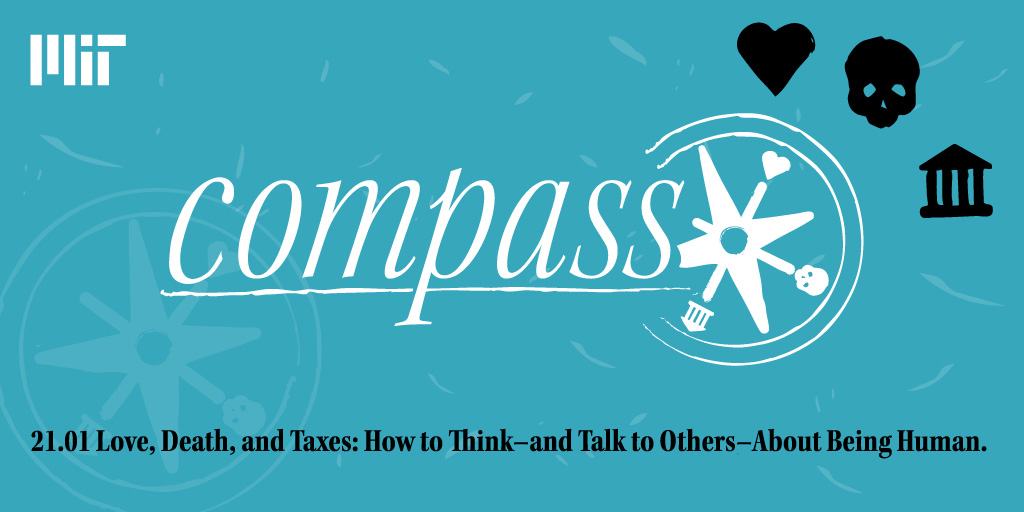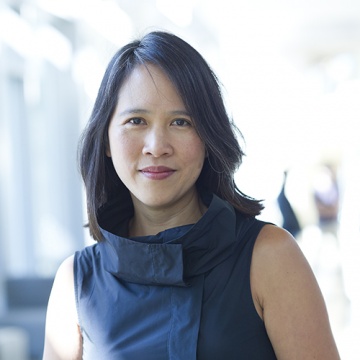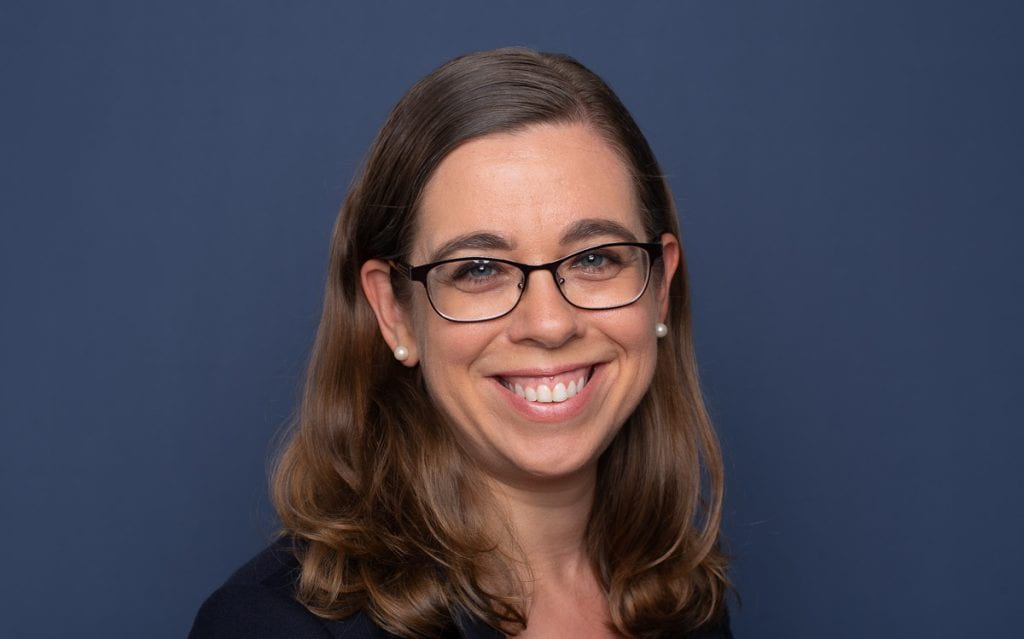Compass: An Experiment in Collaboration

- This event has passed.
Compass: An Experiment in Collaboration
November 13, 2025 @ 3:00 pm – 4:00 pm EST

Lily Tsai, Ford Professor of Political Science
Adam Albright, Professor of Linguistics
Emily Richmond Pollock, Associate Professor of Music.
Leeland Fredlund, Senior Research Support Associate – Compass Course
Compass: An Experiment in Collaboration
Description
Last spring, the School of Humanities, Arts, and Social Sciences (SHASS) launched the pilot of its new multidisciplinary offering, 21.01 Compass Course: Love, Death, and Taxes: How to Think–and Talk to Others–About Being Human. The course is designed to expose students with the tools of the humanities and social sciences to consider persistent moral and social questions central to the human experience, ultimately guiding them in shaping the kind of humans they want to be and the society they wish to help create. Compass is the result of a multi-year collaboration involving over 30 faculty from 19 departments, led by a core SHASS team and a student advisory board. Members of the Compass team, including Lily Tsai, Adam Albright, Emily Richmond Pollock, and Leela Fredlund, will discuss the challenges and rewards of large collaborations. They will show how collaborative design resulted in a Compass pedagogy that highlights the unexpected results of multidisciplinary conversations and fosters faculty vulnerability through the teaching of unfamiliar topics, transforming the class into a true collaboration between faculty and students.
All are welcome. Registration is required.
About the Speakers

Lily L. Tsai is the Director and Founder of the MIT Governance Lab (MIT GOV/LAB) and the Ford Professor of Political Science at the Massachusetts Institute of Technology (MIT), as well as the former Chair of the MIT Faculty. Her research focuses on accountability, governance, and political participation in developing contexts, particularly in Asia and Africa. In 2014, she founded MIT GOV/LAB, a group of social and behavioral scientists and design researchers who develop and test innovations in citizen engagement and government responsiveness. By focusing on how and why citizens become active in engaging their governments, Tsai aims to bridge researcher and practitioner communities by developing learning collaborations that can respond to governance challenges using empirical evidence in real time. Tsai has written two books, When People Want Punishment: Retributive Justice and the Puzzle of Authoritarian Popularity, and Accountability Without Democracy: Solidarity Groups and Public Goods Provision in Rural China, as well as articles in The American Political Science Review, The Journal of Politics, Comparative Political Studies, Political Behavior, Comparative Politics, and World Development.

Emily Richmond Pollock is an Associate Professor of Music. Emily’s research focuses particularly on conservatism, the historicization of modernist musical value, operatic institutions, and the relationship between modern musical style and convention. Emily joined Music and Theater Arts in 2012 and regularly teaches 21M.011 Introduction to Western Music and courses on opera, the twentieth century, and the symphonic repertoire, as well as the Advanced Seminar for music majors. She is currently the music major advisor and has served in the past as a Burchard Faculty Fellow and as an advisor to first-years and music concentrators. She remains an active amateur oboist, performing with the Cambridge Symphony Orchestra and the Mercury Orchestra.

Adam Albright received his BA in linguistics from Cornell University in 1996 and his Ph.D. in linguistics from UCLA in 2002. He was a Faculty Fellow at the University of California, Santa Cruz from 2002-2004, and is currently a Professor at MIT. His research interests include phonology, morphology, and learnability, with an emphasis on using computational modeling and experimental techniques to investigate issues in phonological theory. Other interests include: Yiddish phonology and morphology; Lakhota phonology and morphology (and many other topics in Lakhota); and the proper treatment of historical change within Optimality Theory.

